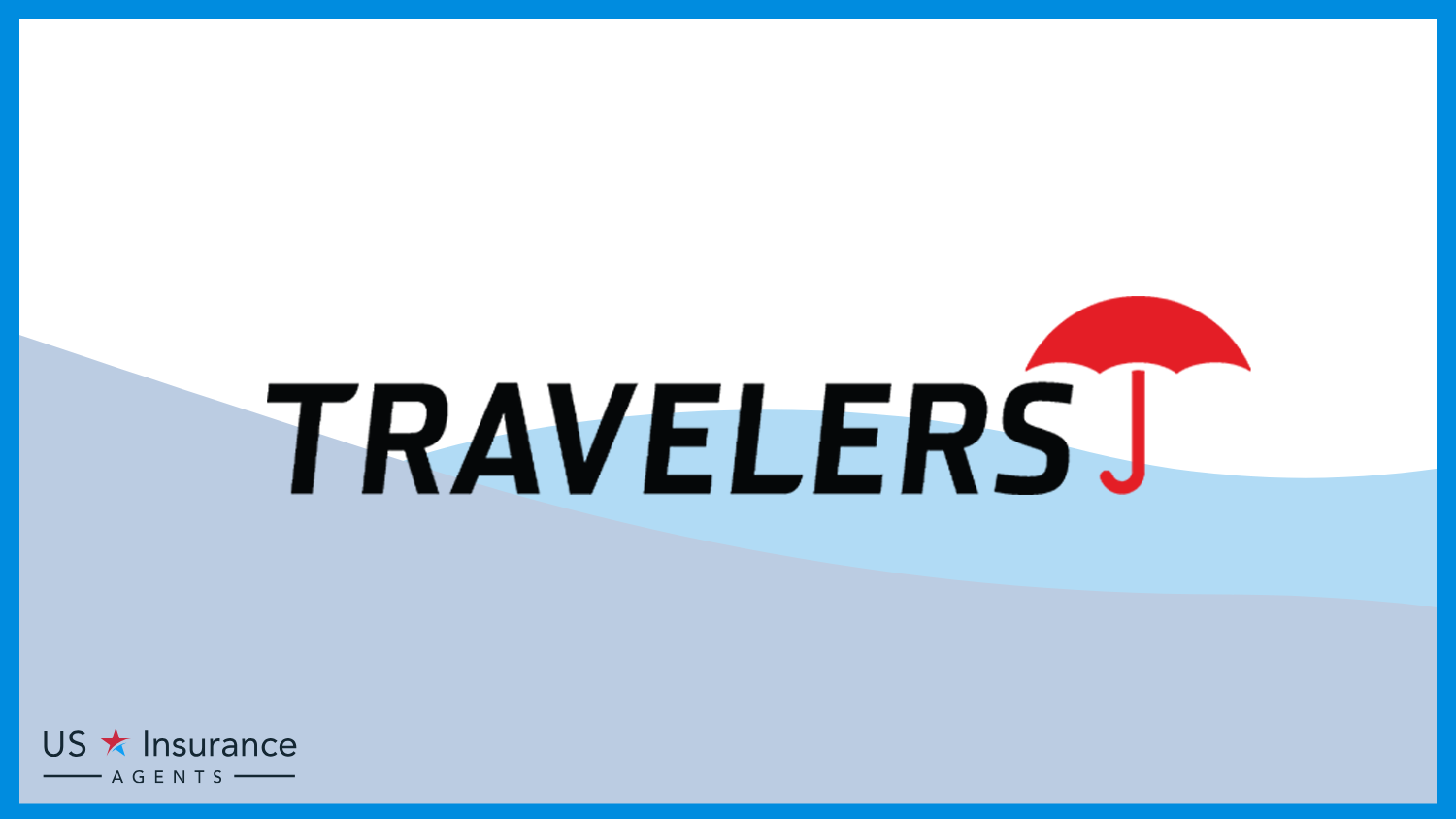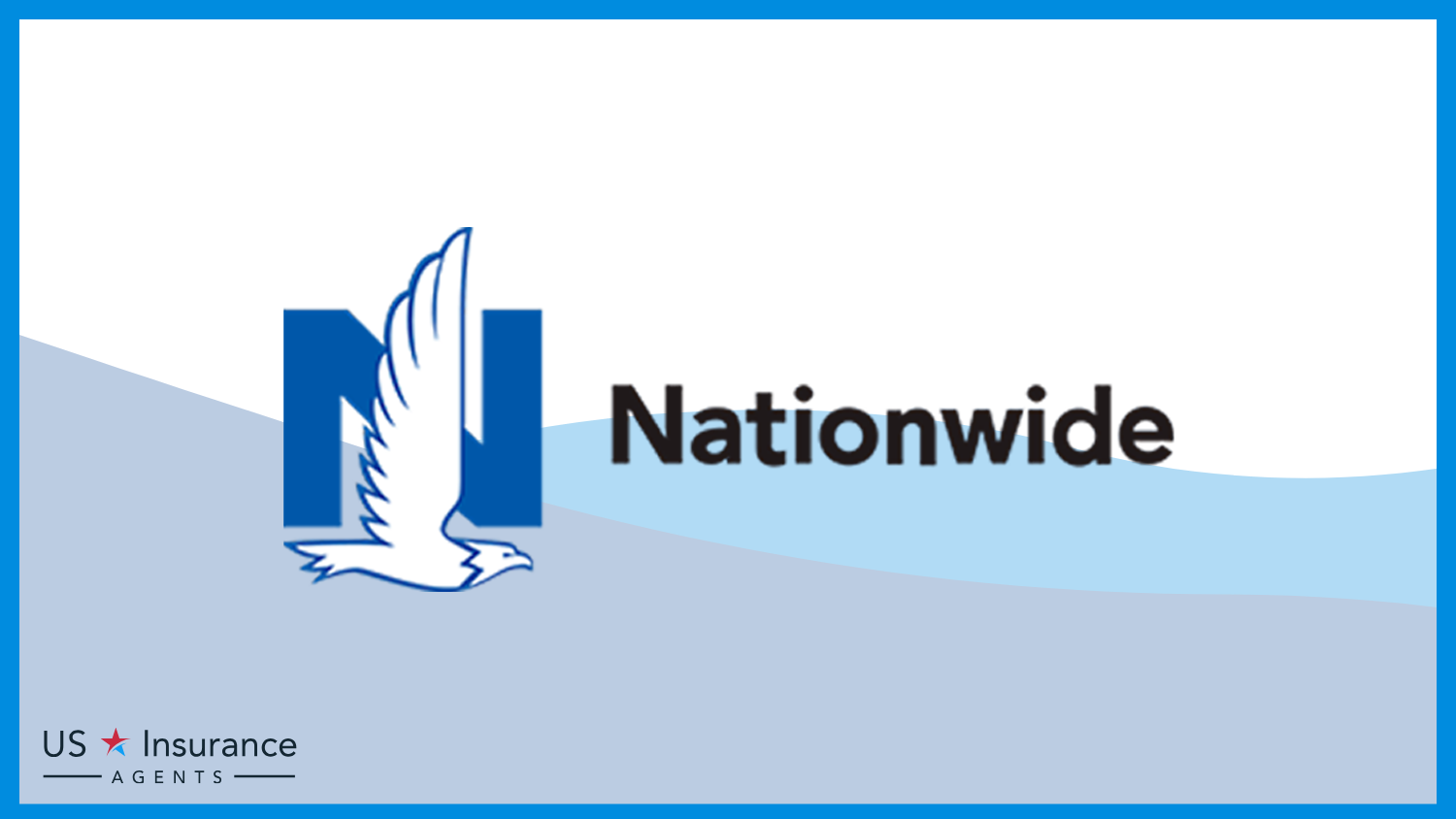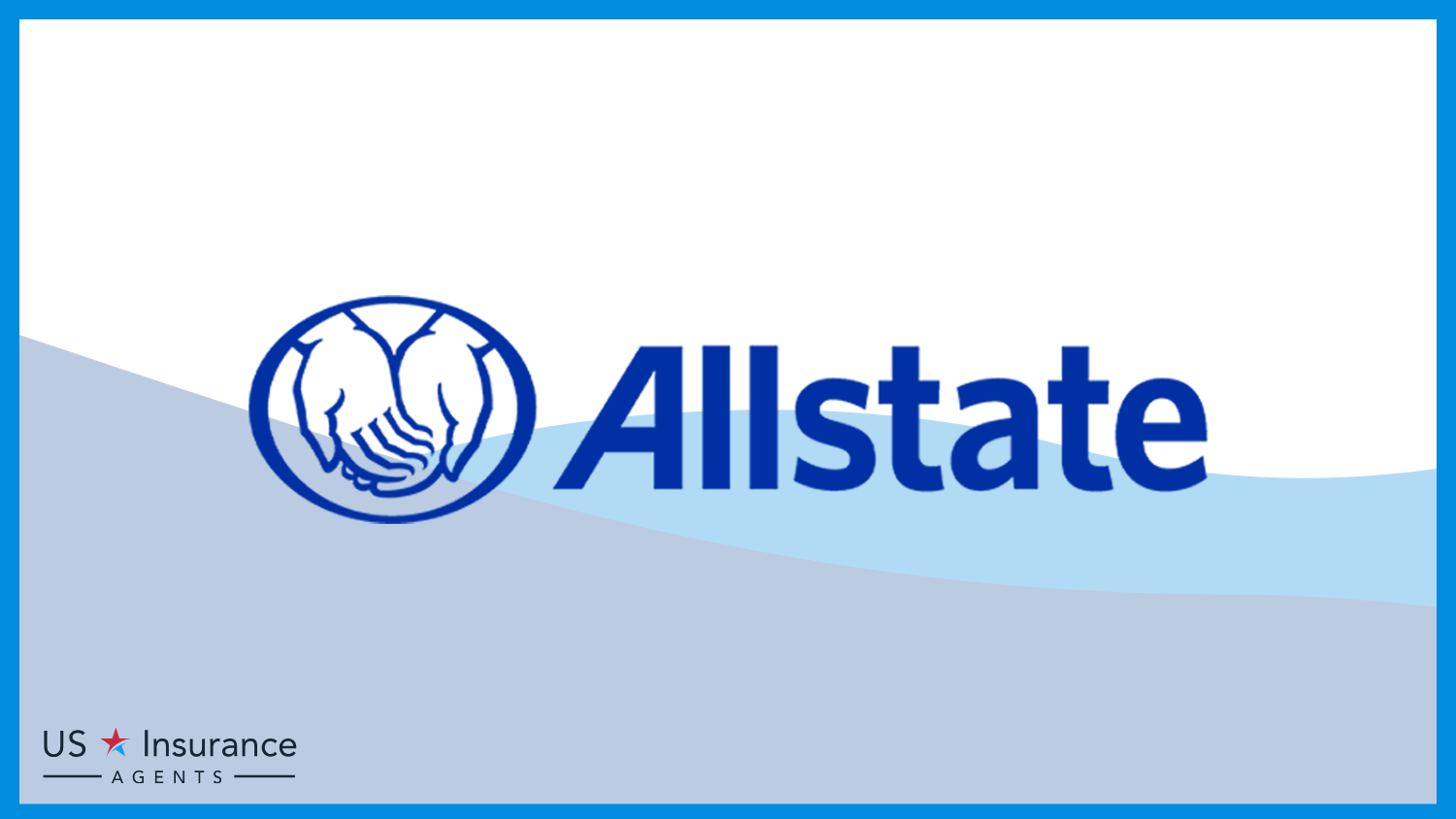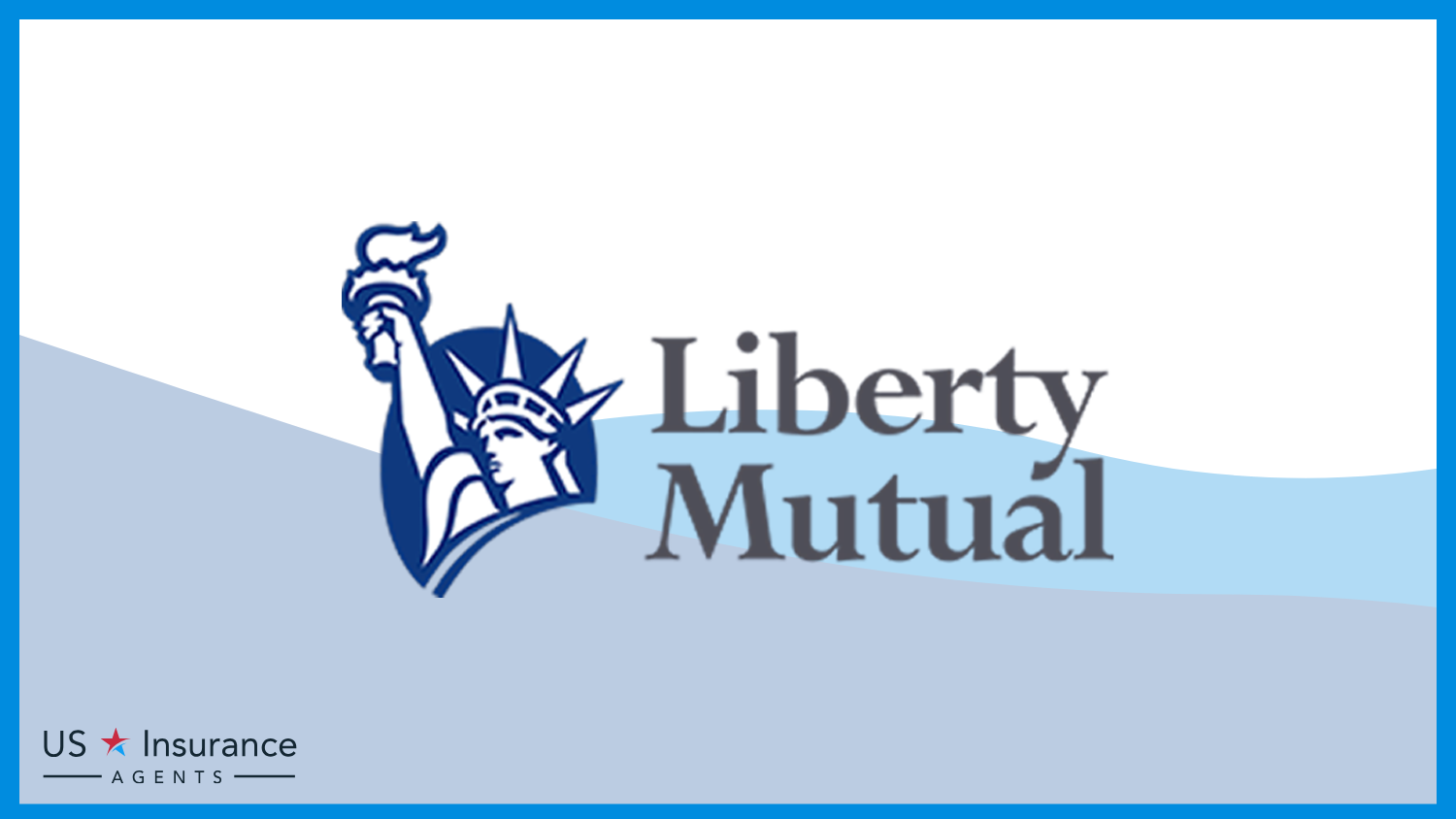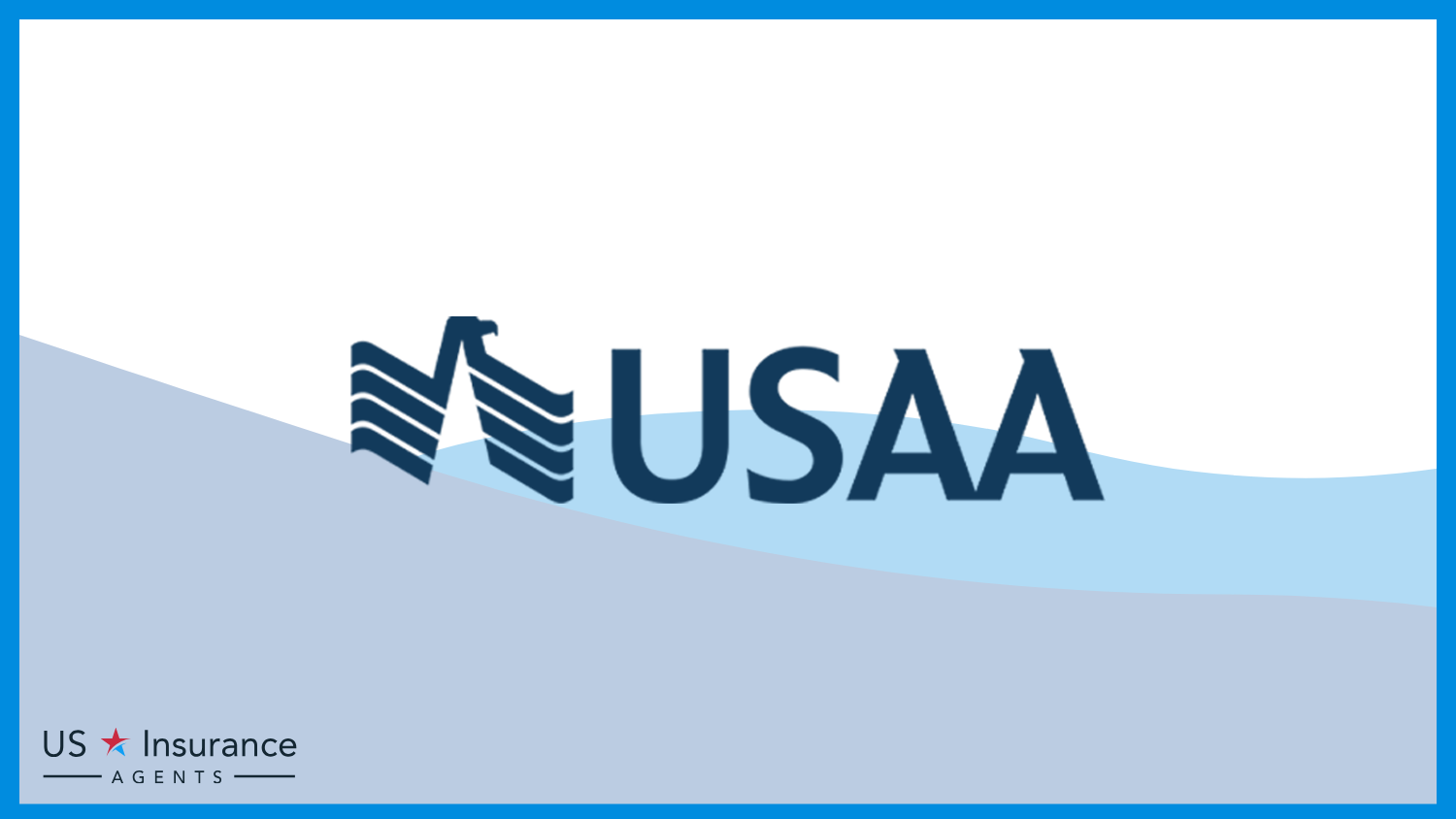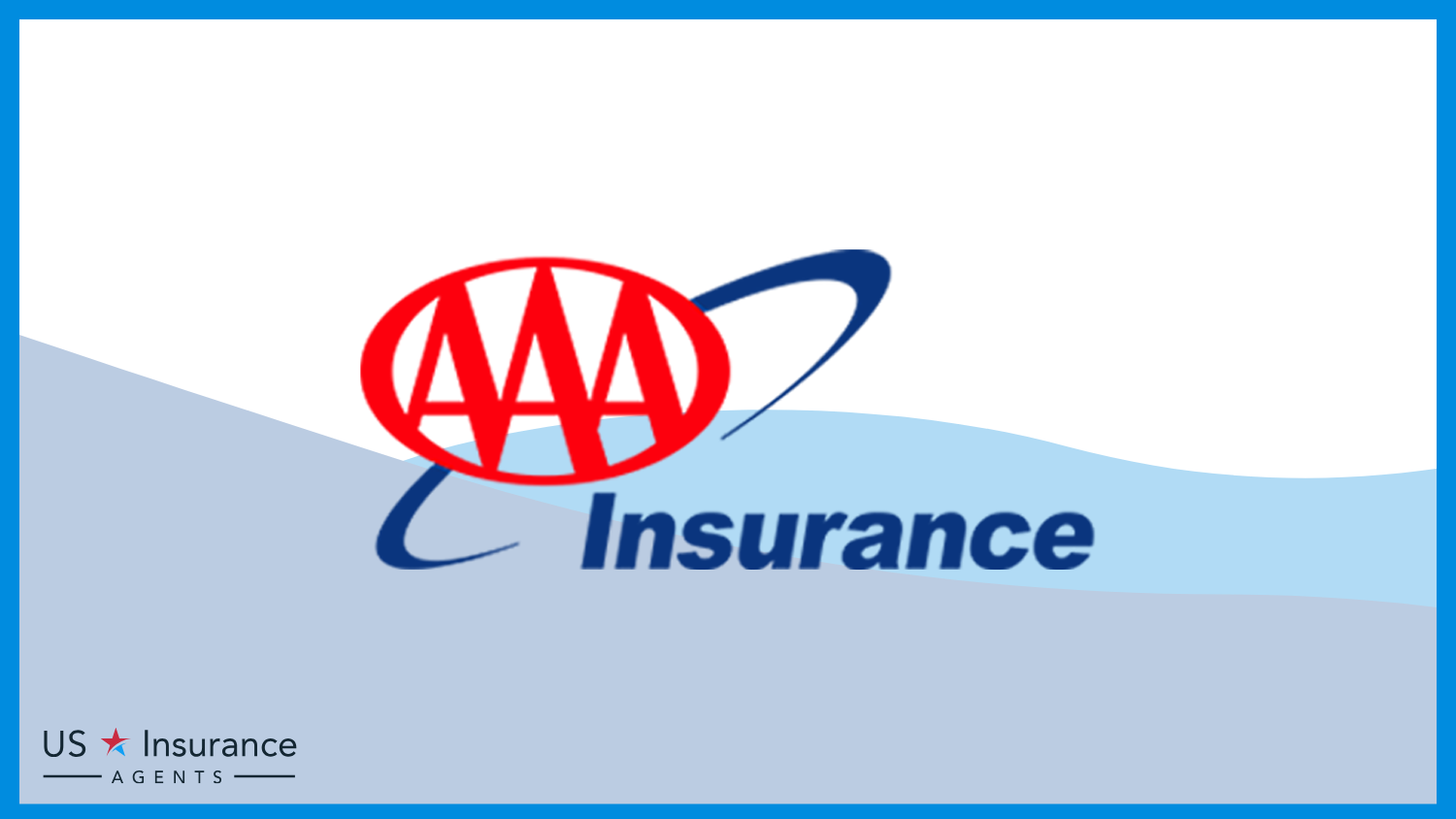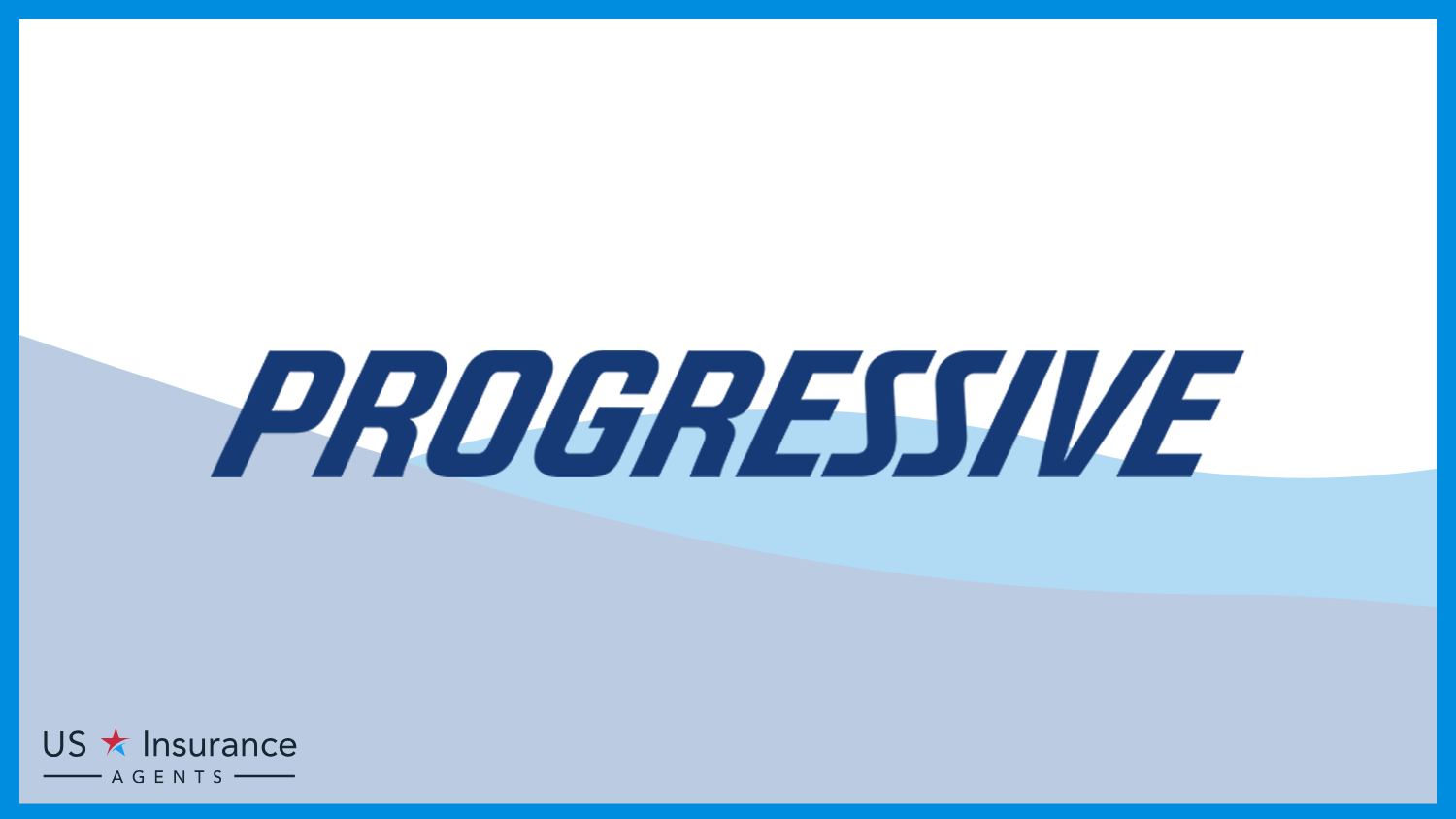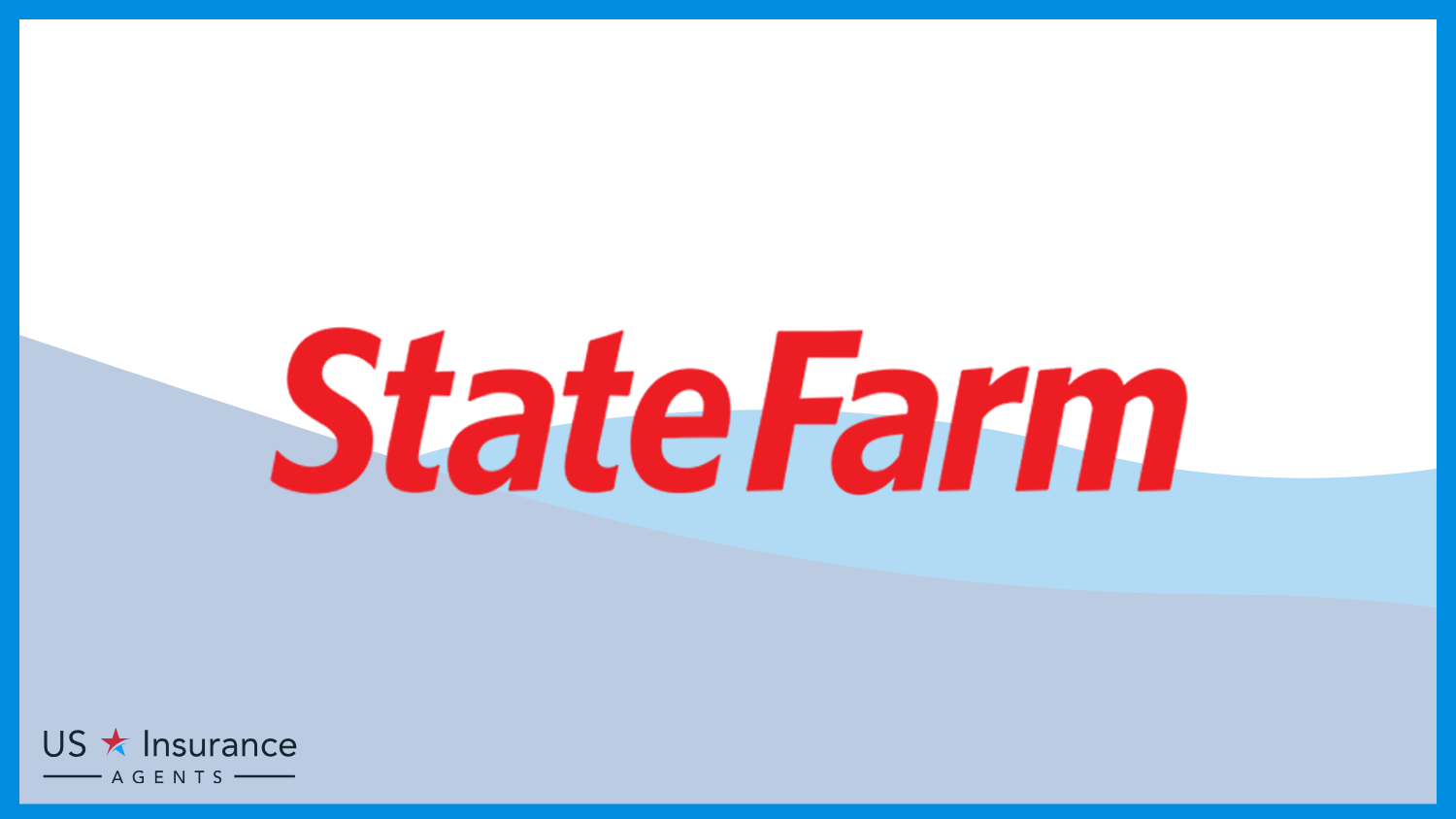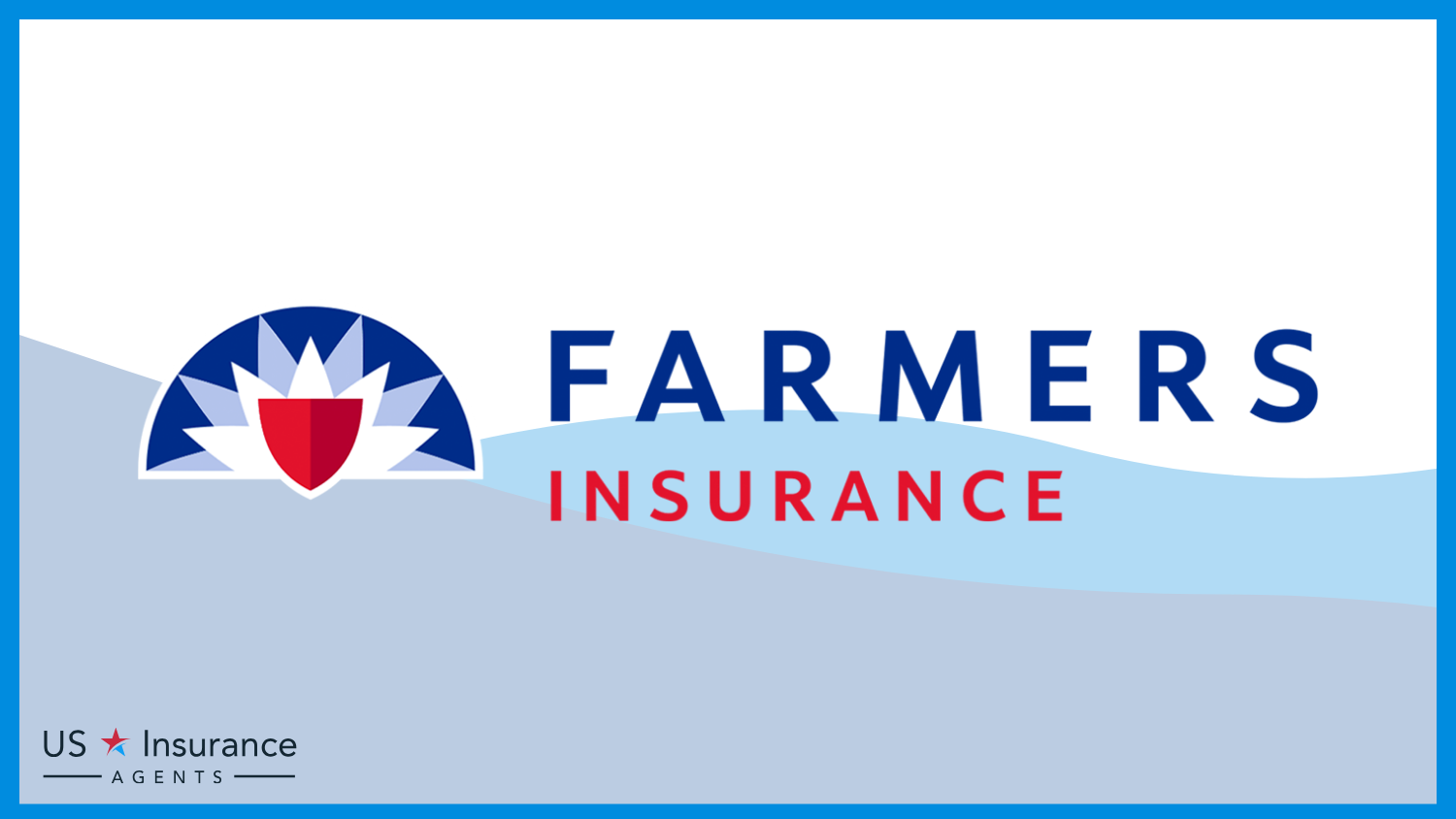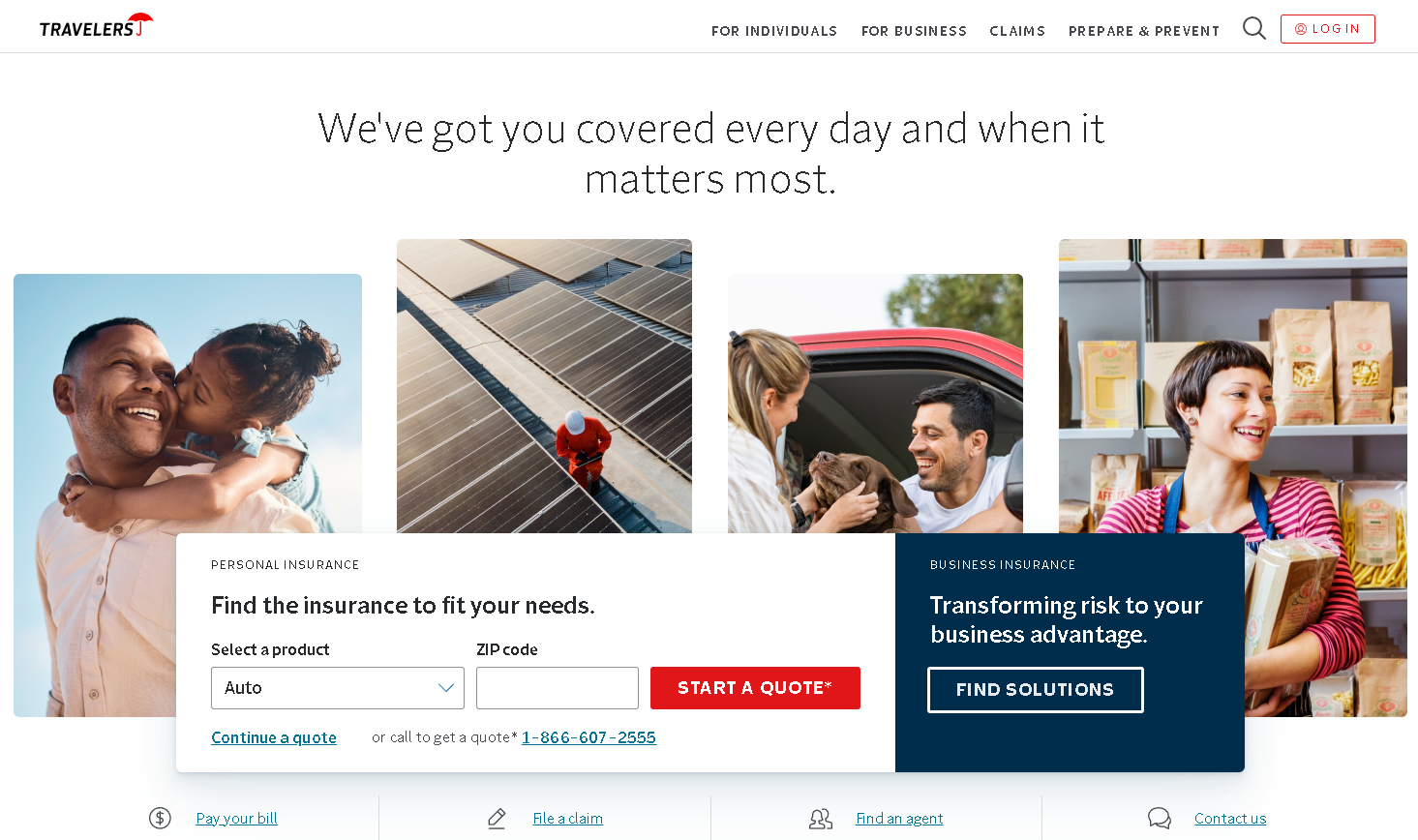Best Business Insurance for Civil Engineers in 2025 (Top 10 Companies)
Explore the best business insurance for civil engineers with Travelers, The Hartford, and Nationwide, providing generous discounts of up to 20%. Discover how these leading insurers stand out with customized coverage and competitive pricing, securing the financial well-being of your firm.
Free Business Insurance Comparison
Compare Quotes From Top Companies and Save
Secured with SHA-256 Encryption
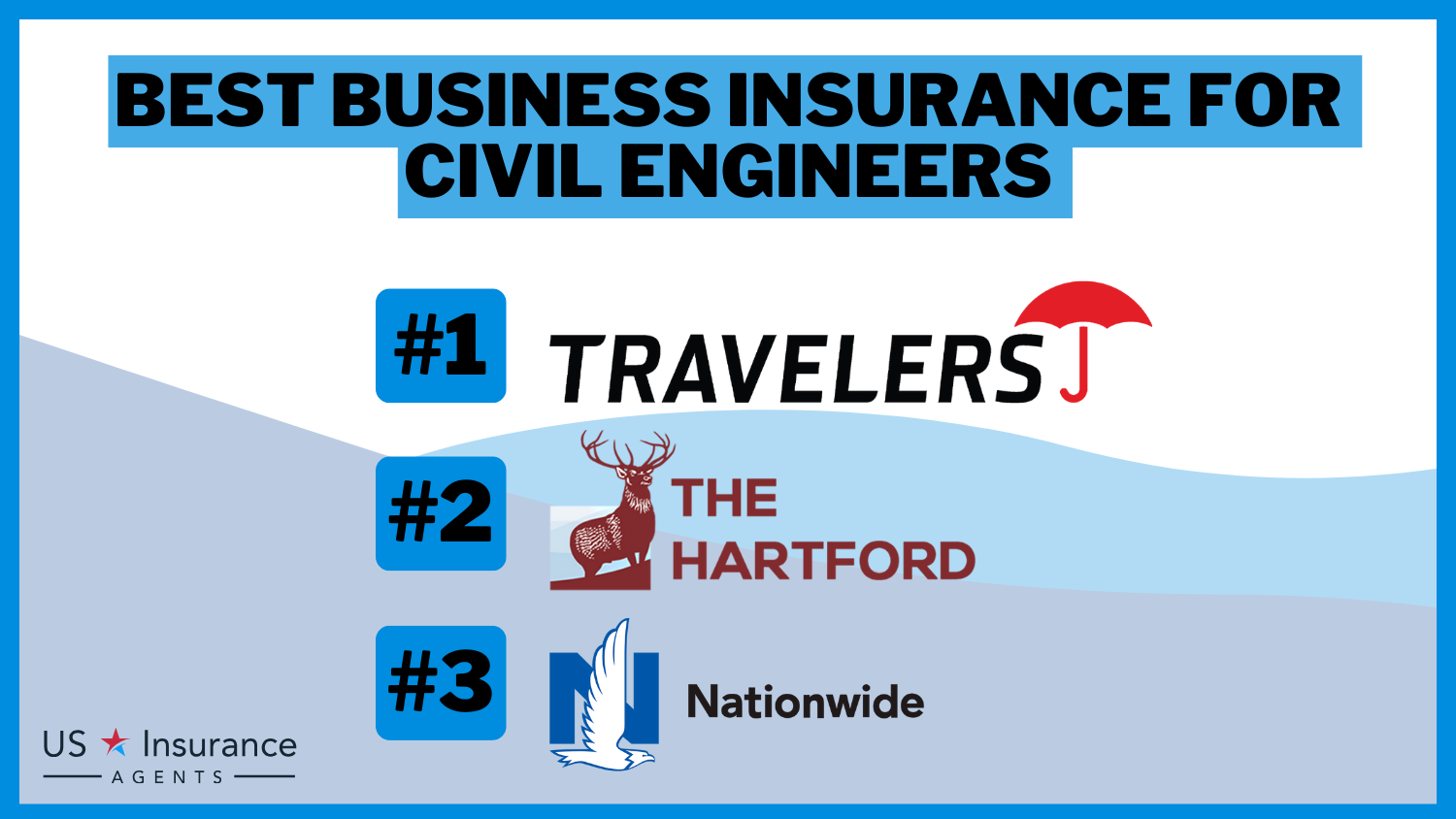
Tim Bain
Licensed Insurance Agent
Tim Bain is a licensed life insurance agent with 23 years of experience helping people protect their families and businesses with term life insurance. His insurance expertise has been featured in several publications, including Investopedia and eFinancial. He also does digital marking and analysis for KPS/3, a communications and marking firm located in Nevada.
Licensed Insurance Agent
UPDATED: Feb 9, 2025
It’s all about you. We want to help you make the right coverage choices.
Advertiser Disclosure: We strive to help you make confident insurance decisions. Comparison shopping should be easy. We are not affiliated with any one insurance company and cannot guarantee quotes from any single insurance company.
Our insurance industry partnerships don’t influence our content. Our opinions are our own. To compare quotes from many different insurance companies please enter your ZIP code above to use the free quote tool. The more quotes you compare, the more chances to save.
Editorial Guidelines: We are a free online resource for anyone interested in learning more about insurance. Our goal is to be an objective, third-party resource for everything insurance related. We update our site regularly, and all content is reviewed by insurance experts.
UPDATED: Feb 9, 2025
It’s all about you. We want to help you make the right coverage choices.
Advertiser Disclosure: We strive to help you make confident insurance decisions. Comparison shopping should be easy. We are not affiliated with any one insurance company and cannot guarantee quotes from any single insurance company.
Our insurance industry partnerships don’t influence our content. Our opinions are our own. To compare quotes from many different insurance companies please enter your ZIP code above to use the free quote tool. The more quotes you compare, the more chances to save.
On This Page
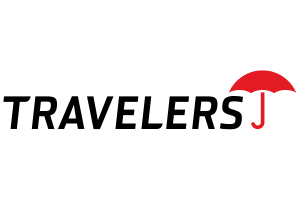 1,733 reviews
1,733 reviewsCompany Facts
Full Coverage for Civil Engineers
A.M. Best Rating
Complaint Level
Pros & Cons
 1,733 reviews
1,733 reviews 765 reviews
765 reviewsCompany Facts
Full Coverage for Civil Engineers
A.M. Best Rating
Complaint Level
Pros & Cons
 765 reviews
765 reviews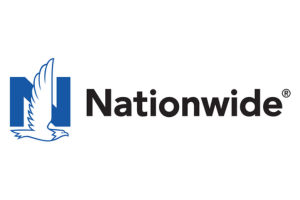 3,071 reviews
3,071 reviewsCompany Facts
Full Coverage for Civil Engineers
A.M. Best
Complaint Level
Pros & Cons
 3,071 reviews
3,071 reviews
Travelers, Hartford, and Nationwide are the best business insurance for civil engineers, highlighting the advantages of each provider. These elite industry providers offer tailored coverage to protect your business.

The article emphasizes the importance of business insurance for civil engineers, highlighting key providers and liability coverage options.
Our Top 10 Company Picks: Best Business Insurance for Civil Engineers
| Company | Rank | General Liability Discount | Commercial Property Discount | Best For | Jump to Pros/Cons |
|---|---|---|---|---|---|
| #1 | 15% | 10% | Specialized Coverage | Travelers | |
 | #2 | 20% | 15% | Financial Stability | The Hartford |
 | #3 | 15% | 10% | Multi-policy Discounts | Nationwide |
| #4 | 20% | 15% | Bundled Policies | Allstate | |
 | #5 | 15% | 10% | Competitive Rates | Liberty Mutual |
| #6 | 15% | 10% | Military Savings | USAA | |
 | #7 | 10% | 5% | Financial Ratings | AAA |
| #8 | 15% | 10% | User-Friendly Tool | Progressive | |
| #9 | 20% | 15% | Local Agents | State Farm | |
| #10 | 15% | 10% | Customizable Coverage | Farmers |
It highlights key factors like discounts, coverage types, and specialties, aiding decision-makers in making informed choices to protect their firms effectively.
Enter your ZIP code above to get started on comparing business insurance quotes.
Compare The Best Insurance Quotes In The Country
Compare quotes from the top insurance companies and save!
Secured with SHA-256 Encryption
#4 – Allstate: Best for Bundled Policies
Secure Your Civil Engineering Business: Guard Against Liabilities
As a civil engineer, there are several types of insurance coverage you should consider for comprehensive protection. These coverages include professional liability insurance, general liability insurance, workers’ compensation insurance, commercial property insurance, cyber liability insurance, and a business owner’s policy.
Jeff Root Licensed Life Insurance Agent
For civil engineering firms, securing the right insurance coverage is paramount to protect against various risks and ensure business continuity. Here’s a breakdown of key insurance types essential for safeguarding your firm:
- General Liability Insurance: It safeguards against third-party injury and property damage during operations, especially vital given frequent client interactions on worksites.
- Workers’ Compensation Insurance: This form of liability insurance provides coverage for employees who suffer work-related injuries or illnesses, crucial to prevent excessive financial burdens on your business, especially in high-risk industries like civil engineering and construction projects.
Professional liability insurance, also known as errors and omissions (E&O) insurance, is essential in sectors like civil engineering since it guards against allegations of carelessness or subpar work that causes financial losses for clients. To gain further insights, consult our comprehensive guide titled “Professional Liability (Errors & Omissions) Insurance: A Complete Guide.”
- Commercial Property Insurance: Protects the investment made in your business property, including office space, tools, equipment, inventory, and other assets, offering financial protection from perils like fire, theft, or natural disasters.
- Cyber Liability Insurance: Vital for civil engineering firms due to the sensitive nature of data and documents handled, protecting against liability and property losses caused by cyberattacks such as hacks, data breaches, and viruses.
- Business Owner’s Policy (BOP): A comprehensive insurance package bundling general liability, business interruption, and property insurance together, specifically designed for small business owners, offering convenience and cost savings.
Additionally, understanding the claiming procedures for each type of insurance is crucial for prompt and efficient resolution in case of unexpected events.
Evaluating these options will safeguard your business against risks and uncertainties, ensuring its stability and success. Travelers, the top choice for civil engineering firms, offers up to 20% discounts and competitive rates with tailored coverage.
Insurance for Your Civil Engineering Firm: Protect Your Business
Assess your business’s unique risks, evaluate coverage limits and exclusions, and ensure you understand the claiming procedures for each type of insurance to expedite resolution in case of unexpected events.
Business Insurance Monthly Rates for Civil Engineers by Coverage Type
Insurance Company Minimum Coverage Full Coverage
$51 $151
$55 $155
$48 $148
$52 $153
$53 $150
$54 $152
$56 $156
$47 $140
$50 $145
$45 $135
Now that you understand the importance of having insurance coverage for your civil engineering firm, it’s crucial to choose the right policies that align with your specific needs. Here are some factors to consider when selecting insurance coverage:
- Seek Professional Advice: Navigating through various policies and coverage options can be overwhelming. Consider seeking professional advice from an experienced insurance broker or agent who specializes in commercial insurance for civil engineering firms.
- Assess Your Risks: Evaluate your firm’s unique risks based on project types, business size, employee count, and client profiles to identify needed insurance coverages.
Evaluate coverage limits for adequate protection against major losses or lawsuits, and thoroughly review policy exclusions to understand uncovered circumstances and determine if additional coverage is required to address potential gaps.
Seek professional advice from an experienced insurance broker or agent specializing in commercial insurance for civil engineering firms, as navigating through various policies and coverage options can be overwhelming and;
- Read and Understand Policy Terms: Thoroughly read and comprehend policy terms, including coverage triggers, exclusions, deductibles, and endorsements. Understand how to file claims.
- Periodically Review and Update Coverage: Periodically review and update your insurance coverage as your firm grows or changes. Reassess risks and consult with your insurer to ensure adequate coverage.
By carefully evaluating your risks, selecting appropriate coverage, and seeking professional advice when needed, you can make informed decisions that protect your civil engineering firm and support its long-term success.
Compare The Best Insurance Quotes In The Country
Compare quotes from the top insurance companies and save!
Secured with SHA-256 Encryption
Case Study: Protect Your Civil Engineering Firm With Essential Insurance Coverage
In the dynamic world of civil engineering, challenges abound, from structural flaws to legal disputes and cyber threats. Let’s delve into three case studies illustrating how top insurance providers protect firms in this sector.
- Case Study #1 – Structural Security: When a structural flaw jeopardized a completed project, Mighty Build Constructions relied on Travelers’ Structural Security coverage. Immediate support covered evaluation and renovations, ensuring safety and preserving the firm’s reputation.
- Case Study #2 – Project Protection: Facing a lawsuit over delays and costs, Advanced Civil Solutions turned to Liberty Mutual’s Project Protection. Support covered legal fees and settlements, swiftly resolving disputes and safeguarding the firm’s finances. For a comprehensive overview, explore our detailed resource titled “Riot, Terrorism and Civil Disorder Insurance: A Complete Guide.“
- Case Study #3 – Cyber Shield: TechSavvy Engineers thwarted a cyberattack with Nationwide’s Cyber Shield. Coverage for data recovery and legal obligations enabled swift crisis management, restoring client trust and reinforcing cybersecurity measures.
These case studies emphasize the vital role insurance plays in shielding civil engineering firms from diverse risks.
Laura Walker Former Licensed Agent
With comprehensive coverage, firms can navigate uncertainties confidently, focusing on innovation and excellence in their field.
Summary: Protect Your Civil Engineering Firm With Essential Insurance Coverage
Investing in the right insurance is crucial for civil engineers. Professional liability insurance is essential, shielding you from client lawsuits and providing protection against property damage and bodily injury.
It safeguards your firm from financial liabilities, lawsuits, and unexpected events, ensuring its success. Travelers also offers discounts of up to 20%, making it a valuable choice for comprehensive coverage.
Tailored to the unique needs of civil engineers, the range of customizable coverage options offered by this insurance provider solidifies its reputation as a top choice for comprehensive insurance solutions.
General liability insurance protects against third-party injury and property damage, while workers’ compensation insurance ensures your employees are protected in the event of workplace injuries or illnesses. For a thorough understanding, refer to our detailed analysis titled “Commercial General Liability (CGL) Insurance: A Complete Guide”
Essential coverages like commercial property insurance protect your assets, while cyber liability insurance guards against cyber threats. Bundling these under a business owner’s policy (BOP) offers convenience, savings, and tailored protection for small businesses.
Our free comparison tool makes it easy to stick to your business insurance budget – enter your ZIP code below to get started.
Frequently Asked Questions
What is an engineering insurance?
Engineering insurance refers to the insurance that provides economic safeguard to the risks faced by the ongoing construction project, installation project, and machines and equipment in project operation.
What is civil engineering business?
Civil engineering companies deal with the design, maintenance and construction of physical structures. Civil engineers are professionals who have extensive training that prepares them to plan public works projects and oversee the implementation of those projects, either in the private sector or for the government.
Enter your ZIP code below to get started on comparing business insurance quotes.
What types of insurance are included in civil engineering insurance?
The diverse range of insurance types included in civil engineering insurance, such as professional liability insurance, general liability insurance, and workers’ compensation insurance. These coverages address the specific risks faced by civil engineers in their professional practice.
For a comprehensive analysis, refer to our detailed guide titled “What is Worker’s compensation?“
What types of insurance are included in civil engineers insurance?
Civil engineers insurance typically includes professional liability insurance, general liability insurance, workers’ compensation insurance, and commercial property insurance.
Are there specific insurance companies that specialize in civil engineer insurance?
Top insurance providers offering specialized coverage for civil engineers, such as Travelers, The Hartford, and Nationwide. These companies understand the unique needs of civil engineering firms and offer tailored insurance solutions.
Can commercial property insurance help civil engineering firms recover from physical asset damage?
Commercial property insurance covers damage or loss to a business’s physical assets, including buildings, equipment, and inventory. Civil engineering firms can use this insurance to recover from events like fires, storms, vandalism, or theft.
To delve deeper, refer to our in-depth report titled “Commercial Insurance: A Complete Guide“.
Which type of civil engineering is best?
Here are some in-demand civil engineering specializations: structural engineering; average salary: INR 3,00,000 to INR 8,00,000; environmental engineering; geotechnical engineering; transportation engineering; construction engineering; and materials engineering.
Which branch of civil engineering is the most demanded?
In recent years environmental engineering has become one of the most important and most demanded civil engineering branches due to the growing environmental impact of construction processes.
Protect your business today by entering your ZIP code below into our comparison tool for free commercial insurance quotes.
What are the typical coverage limits for professional liability insurance for civil engineers?
Coverage limits for professional liability insurance vary based on factors such as the size of the firm, the type of projects undertaken, and the perceived risk. Typical coverage limits range from $1 million to $5 million per claim.
For detailed information, refer to our comprehensive report titled “Liability Insurance: A Complete Guide“.
Which is best private company for civil engineer?
For civil engineers, the best private company depends on project specifics. Consider Larsen & Toubro, Reliance Infrastructure, DLF, Tata Projects Ltd., Hindustan Construction Company (HCC), Essar Group, Jaypee Group, and GMR Infrastructure. Evaluate based on project needs, reputation, track record, and capabilities.
Can a civil engineer become a businessman?
Engineers can turn into proven entrepreneurs since they possess the required skillset to the startups that have been developed over years of handling projects and solving big issues. Entrepreneurship has been the focal point for quite some time and it is perceived as one of the high demanding career paths.
How can civil engineering firms bundle insurance coverages to save costs and streamline coverage?
Civil engineering firms can bundle insurance coverages such as general liability, professional liability, and property insurance into a customized insurance package. Bundling often results in cost savings, simplified management, and comprehensive protection.
To gain profound insights, consult our extensive guide titled “Universal Property Insurance Review & Ratings“.
Where do civil engineers make the most money?
Cities with the highest salaries for civil engineers are Sacramento, New Orleans, San Jose, San Francisco, and Monroe. These are the Best-Paying Cities for Civil Engineers.
Is civil engineering the hardest engineering course?
Civil engineering is considered one of the harder engineering degrees because it is a very broad field. Civil Engineers covers everything from land surveying and foundation design to construction management and traffic flow. There are many different aspects to civil engineering.
How much does civil engineer insurance cost?
The cost of civil engineer insurance can vary based on factors like the size of your business, coverage limits, types of insurance included, and the insurance provider. So for civil engineers it’s recommended to get quotes from multiple insurers to compare costs and coverage options.
For a comprehensive overview, explore our detailed resource titled “Insurance Quotes Online“
What is the most stressful engineering?
Bachelor of Electrical Engineering is one of the most popular engineering majors, attracting many students every year. However, not many students choose to pursue a career as an electrical engineer once they graduate, as it is one of the most stressful jobs.
What is civil engineer insurance designed for?
Civil engineer insurance is specifically designed to protect your business from various risks and liabilities commonly faced in the industry, such as professional errors, property damage, and third-party claims.
How does business insurance protect civil engineers?
Business insurance for civil engineers provides protection against various risks, including professional mistakes, accidents at work sites, property damage, and legal liabilities. It helps cover the costs of legal fees, settlements, property repairs, and medical expenses, ensuring your business can continue operating smoothly.
What are the requirements for civil engineer insurance?
The requirements for civil engineer insurance typically include professional liability insurance (E&O), general liability insurance, workers’ compensation insurance, and possibly commercial property insurance. The specific requirements may vary depending on your business operations and local regulations.
What is covered under professional mistakes in civil engineer insurance?
Professional mistakes coverage in civil engineer insurance (E&O insurance) protects your business from claims of negligence, errors, or omissions that result in financial losses for clients. It covers legal defense costs, settlements, and judgments related to professional liability claims.
Compare The Best Insurance Quotes In The Country
Compare quotes from the top insurance companies and save!
Secured with SHA-256 Encryption
Tim Bain
Licensed Insurance Agent
Tim Bain is a licensed life insurance agent with 23 years of experience helping people protect their families and businesses with term life insurance. His insurance expertise has been featured in several publications, including Investopedia and eFinancial. He also does digital marking and analysis for KPS/3, a communications and marking firm located in Nevada.
Licensed Insurance Agent
Editorial Guidelines: We are a free online resource for anyone interested in learning more about insurance. Our goal is to be an objective, third-party resource for everything insurance related. We update our site regularly, and all content is reviewed by insurance experts.
